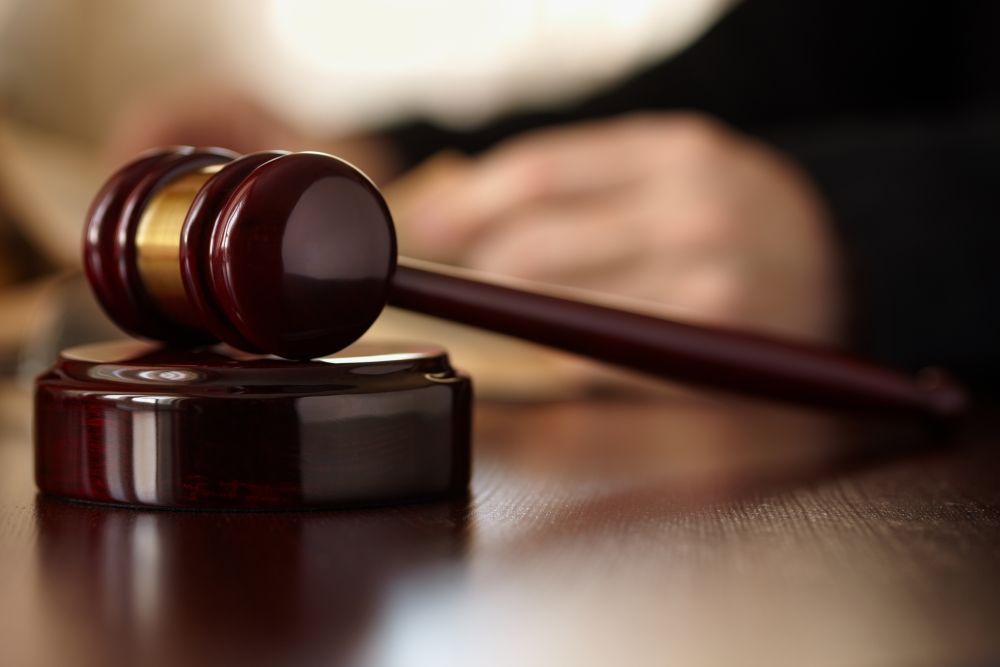After an accident or injury, securing fair compensation for damages is often a top priority. However, certain mistakes can significantly impact the outcome of your claim and potentially reduce the compensation you deserve. Avoiding these common missteps can help you maximize your chances of a successful resolution. Here’s a look at some of the most common mistakes to be aware of:
1. Delaying Medical Treatment
One of the biggest mistakes you can make after an accident is delaying medical treatment. Even if you feel fine immediately after the incident, some injuries may not be immediately apparent. Delaying treatment can not only worsen your health but also harm your claim. Insurance companies may argue that your injuries weren’t serious if there’s a significant gap between the accident and medical care.
2. Not Documenting the Incident Thoroughly
Failing to document the details of the accident and your injuries can hurt your chances of receiving adequate compensation. It’s essential to take photos of the scene, injuries, and any property damage right after the event. Additionally, gather contact information from witnesses and keep track of medical records, bills, and other documentation. Without strong evidence, it may be harder to prove the extent of your injuries and losses.
3. Admitting Fault at the Scene
In the heat of the moment after an accident, it can be tempting to apologize or admit fault to the other parties involved. However, doing so can be damaging to your claim. Even if you think you may have contributed to the accident, it’s important to avoid discussing fault right away. Leave that determination to the authorities and insurance adjusters. Prematurely accepting blame could limit your ability to recover compensation.
4. Accepting the First Insurance Offer
Insurance companies often make an initial settlement offer that may seem fair, but it’s rarely the full amount you deserve. These offers may be lower than what’s necessary to cover your expenses and losses. Before accepting any offer, take the time to evaluate the full extent of your injuries, lost wages, and other related costs. In many cases, it’s worth negotiating or seeking a second opinion before agreeing to a settlement.
5. Failing to Keep Track of Expenses
It’s important to keep track of all expenses related to your injuries. This includes medical bills, prescriptions, travel costs for appointments, lost wages, and any other out-of-pocket expenses you’ve incurred. Failing to document these costs could result in leaving money on the table. Accurate records of your expenses will strengthen your claim and help ensure you are fairly compensated for all your losses.
6. Posting on Social Media
In the age of social media, many people are quick to share details about their lives, including their accidents. However, posting about your injuries or the accident on social media can harm your claim. Insurance adjusters and opposing parties can use these posts against you, potentially arguing that your injuries are not as severe as claimed. It’s best to avoid discussing the incident or your recovery process online until your claim is resolved.
7. Not Seeking Help When Needed
If you’re unsure about how to proceed with your claim or if you encounter complications, don’t hesitate to seek professional help. Not understanding the full scope of your legal options or failing to properly navigate the claims process can lead to missed opportunities for compensation. Seeking guidance from someone who is experienced with accident claims can help you avoid costly mistakes and improve your chances of a fair outcome.
8. Failing to Act Within Deadlines
Most claims have a specific time frame, known as the statute of limitations, within which you must file your claim. Failing to act within this window can result in losing your right to compensation altogether. Make sure you are aware of these time limits and take prompt action to ensure your claim is filed in a timely manner.
By avoiding these common mistakes, you can significantly improve your chances of obtaining the compensation you deserve after an accident. Stay organized, be cautious with your statements, and take the necessary steps to protect your interests as you navigate the claims process.

